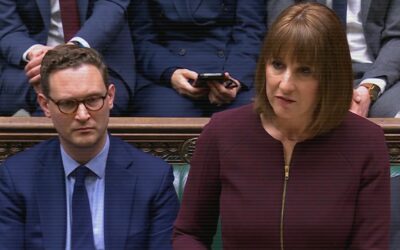TaxWatch research has been published by Transparency International, looking at the UK’s reform of its Controlled Foreign Company (CFC) regime in 2012, which exempted some UK-based multinational companies from anti-tax avoidance rules. The research piece analyses potential lobbying through professional service providers, and the ‘revolving door’.
Controlled foreign company rules are an important feature of many tax systems around the world. CFC rules allow a tax authority to impose a corporate tax charge on the foreign subsidiaries of any multinational corporation headquartered in their country. This prevents multinational enterprises from moving profits into tax havens because any profits made by that company will be taxed in the headquarters jurisdiction, rather than at the tax haven rate.
This case study looks at the UK’s reform of their CFC regime in 2012, which was introduced following years of intense lobbying from the business community. The 2012 changes radically reduced the scope of the UK’s rules and facilitated the use of avoidance structures by UK-based multinational companies.
In 2019, these changes were found to be unlawful by the European Commission, which found they constituted State Aid.
The full report, ‘The Right Incentives? The risks of undue influence in tax policy’, was produced by Transparency International with the financial support of the European Union.
Photo by ben ullman from FreeImages



